Is Israel Ready to Face Hezbollah Fighters?
"Compared to 2006, Hezbollah's strength is now many times greater," said the Israeli military analyst, adding that not only has the membership of Hezbollah increased, but it also includes the sophistication of the weapons in their possession.
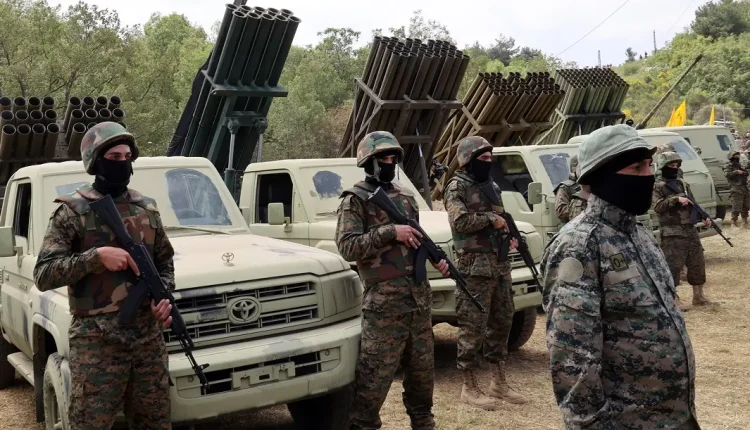
(DEFENCE SECURITY ASIA) — As the Israeli military deploys additional tanks, armored personnel carriers, and artillery to its border with Lebanon to confront Hezbollah fighters, the country military analysts has issued warnings about the “challenges” they will face when dealing with the Iran-backed armed group.
Israeli military analysts make it clear that the Hezbollah they will face in the current conflict is not the same Hezbollah they encountered in the 2006 conflict, approximately 17 years ago.
“Compared to 2006, Hezbollah’s strength is now many times greater,” says an Israeli military analyst, adding that not only has the membership of Hezbollah increased, but it also possesses more sophisticated weaponry.
Tel Aviv has been cautioned by Egyptian mediators that if they launch a ground operation in the Gaza Strip to “eliminate” Hamas and other Palestinian armed groups, Hezbollah will open a new front on the Lebanon-Israel border.
If Israel already finds it challenging to “defeat” Hamas in the Gaza Strip, it will face even greater difficulties when confronting the more experienced Hezbollah fighters.
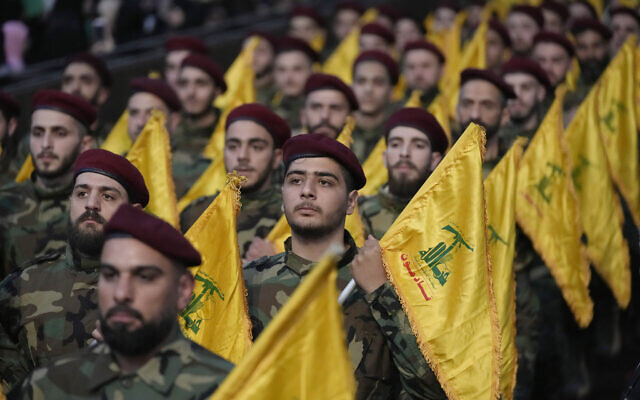
Why should Israel be “concerned” about facing Hezbollah this time?
One reason is that the Hezbollah they might face if the situation worsens is not the same Hezbollah they tried to subdue in the last armed conflict between them in 2006, also known as “The Second Lebanon War 2006.”
According to the Center for Strategic and International Studies (CSIS), Hezbollah is currently considered the most comprehensive non-state armed group in the world, with extensive experience in conducting asymmetric warfare.
“They (Hezbollah) are not like random militia groups. This is because Hezbollah members are trained and equipped with various weapons like those of a national army.”
The main strength of Hezbollah, according to the think tank, lies in its rocket system, which comes in various calibers and ranges.
Although the accuracy of these rocket systems owned by the pro-Iranian militant group is not very high, their sheer quantity makes them a formidable threat to Israel and its population.

It is uncertain whether Israel’s touted air defense system, the “Iron Dome,” can handle the “saturation strikes” of thousands of rockets launched by Hezbollah fighters.
According to Israeli intelligence reports and media, during the limited armed conflict between Israel and Hezbollah in 2006, the armed group was believed to have about 15,000 rockets and guided missiles.
Throughout the 34-day conflict in 2006, Hezbollah launched 4,000 rockets at Israel.
“However, since the end of the 2006 conflict, Hezbollah has significantly improved its strength, especially in terms of possessing more advanced rockets. It is now believed to have between 130,000 to 150,000 various types of rockets in its arsenal,” says the research institution.
Among the types of rockets owned by Hezbollah are Katyusha, Fajr-1, Falaq 1, Falaq 2, Shahin-1, Type-81, Fajr-3, Fajir-5, Raad-2, Raad-3, Khaibar-1, Zelzal-1, Zelzal-2, Fateh-110, and Scud B, C, D.

According to CSIS, the launch of rockets using mobile launchers from the nooks and crannies of buildings or bushes in southern Lebanon against Israeli civilian populations in the north complicates Israel’s reliance on its air power for response.
Inability to neutralize Hezbollah’s military infrastructure through air strikes alone would likely force the Israeli military to use ground forces to attempt to destroy the armed group’s infrastructure led by Sheikh Hassan Nasrallah in southern Lebanon.
An Israeli ground assault is indeed a scenario eagerly awaited by the southern Lebanese armed group.
As demonstrated by Hezbollah in 2006, despite Israel having formidable armored units, it still faced difficulties in defeating the armed group in ground combat.
On the ground, small Hezbollah units riding motorcycles or pickup trucks and armed with anti-tank weapons like Kornet-E, Metis-M, or RPG-29 “Vampir” are ready to hunt down Israeli armored vehicles and personnel carriers as soon as they cross the border.
Other anti-tank weapons in Hezbollah’s arsenal include AT-3 “Sagger,” AT-4 “Spigot,” and AT-5 “Spandrel.”

While Israel may be the “hunter” in the air, on the ground, its troops become the hunted by Hezbollah fighters.
The Israeli military lacks an effective response to Hezbollah’s asymmetric warfare tactics, which leverage their in-depth knowledge of the terrain in southern Lebanon as an advantage and strength.
According to Israeli armored vehicle commanders who operated during the 2006 conflict, Hezbollah’s anti-tank guided missile units caused damage and destruction to approximately 20 percent of their armor strength at the time.
Hezbollah also used anti-tank guided missiles to destroy buildings and fortifications housing Israeli troops during the 2006 armed conflict, according to CSIS.
In addition to anti-tank guided missiles, Hezbollah is also equipped with anti-ship guided missile systems such as the C-802 and Yakhont.
Hezbollah is also said to have air defense systems, particularly MANPADS like SA-7 Grail (Strela) and SA-16 Gimlet (Igla).
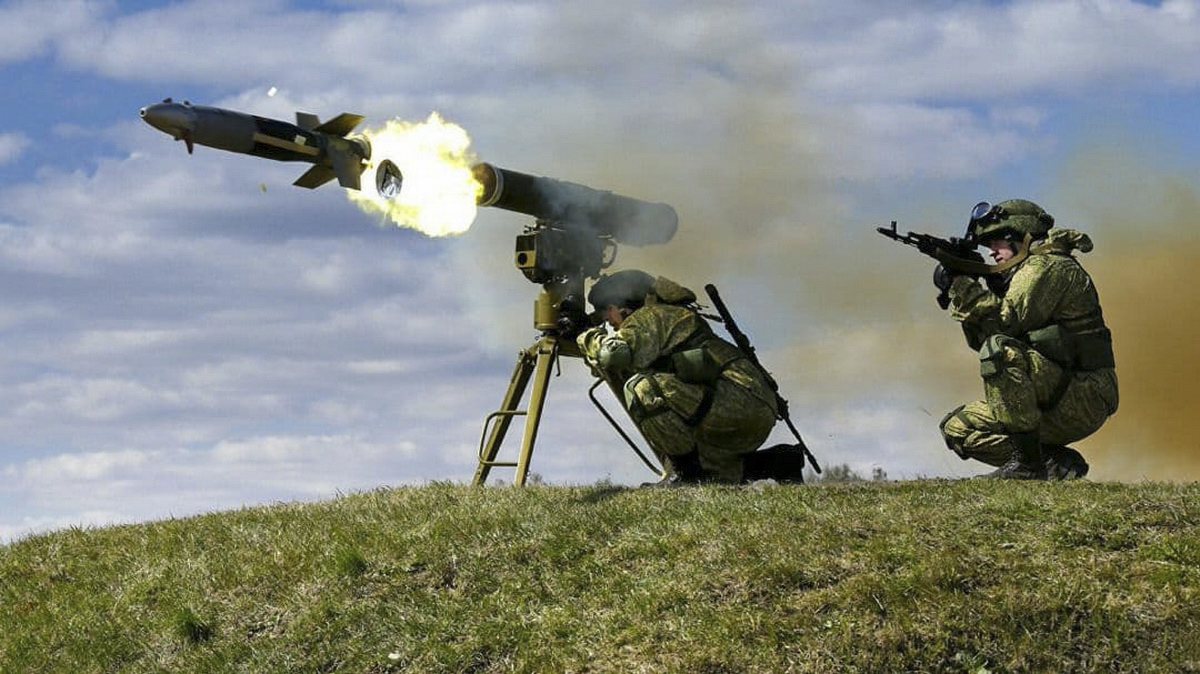
However, there are also reports claiming that the armed group is now equipped with medium-range air defense systems like BUK-M2 and Pantsir for intermediate-range air defense.
If it is indeed true that Hezbollah now possesses medium-range air defense systems, this would force Israeli fighter aircraft to fly at higher altitudes, making it more challenging for their air campaign to eliminate the armed group.
If that’s the case, then Israel will inevitably have to send its ground forces to southern Lebanon to confront Hezbollah, a prospect that Tel Aviv would like to avoid because it realizes that its adversary is now more capable and much harder to subdue than in 2006.
Reports from Tel Aviv also indicate “disagreements” between Israeli intelligence agencies, Mossad, and the Israeli military regarding their response to Hezbollah.
Mossad advocates for a more forceful military action against Hezbollah, but this position is disputed by the Israeli military. — DSA

DEFENCE SECURITY ASIA APPS
To advertise contact admin: haikalhamas73@gmail.com
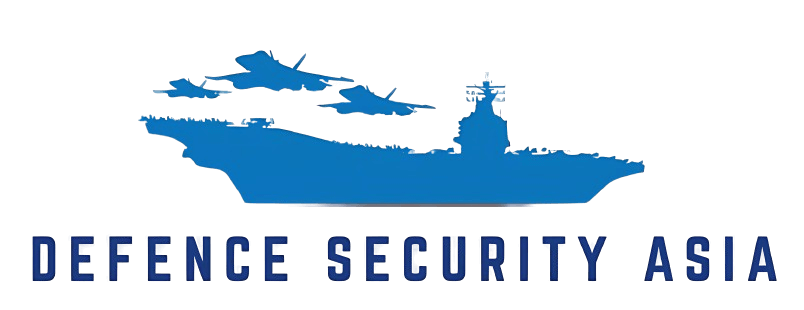
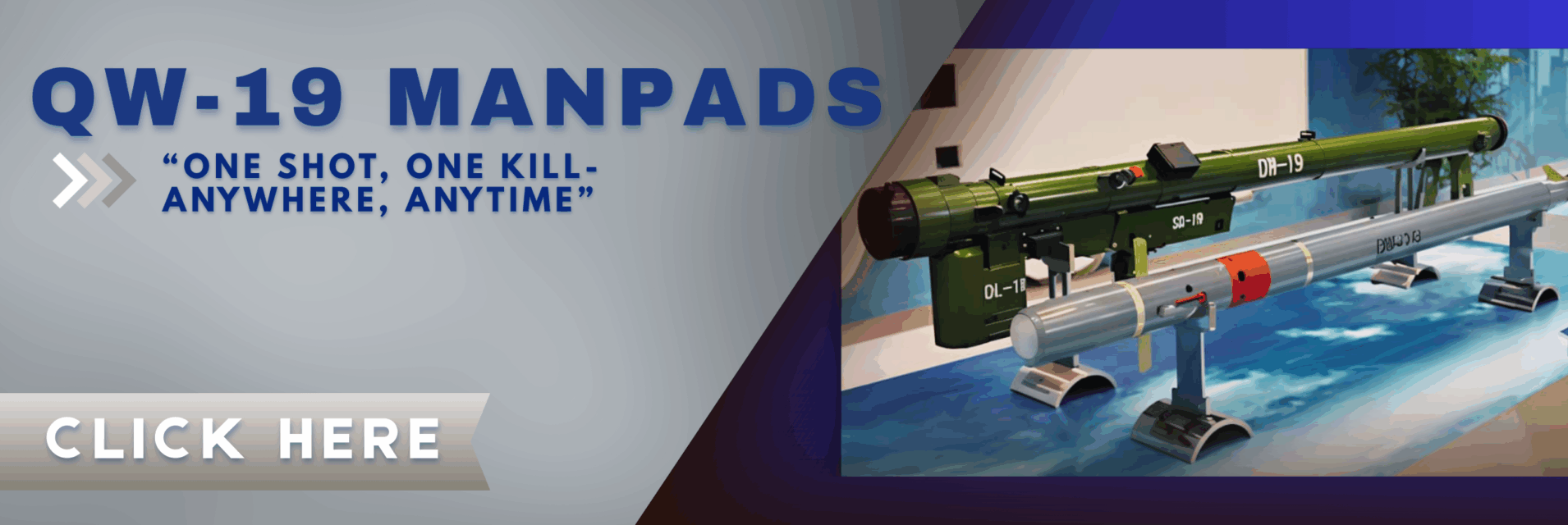
Comments are closed.